Vietnam is a captivating country with stunning natural landscapes, a rich cultural heritage, and a vibrant street life that leaves a lasting impression on every traveler. Whether you’re drawn by the limestone cliffs of Ha Long Bay, the lantern-lit charm of Hoi An, or the bustling energy of Ho Chi Minh City, Vietnam has something for everyone. However, like traveling to any new destination, it’s essential to prepare yourself with local knowledge. This guide provides useful tips for foreign tourists traveling to Vietnam to help you make the most of your journey, avoid common pitfalls, and experience the country authentically and safely.

Useful Tips for Foreign Tourists Traveling to Vietnam
Learn Basic Vietnamese Phrases
English is not widely spoken in some parts of Vietnam, especially in rural areas. Learning a few simple Vietnamese phrases like “Xin chào” (Hello), “Cảm ơn” (Thank you), or “Bao nhiêu tiền?” (How much is it?) can go a long way. Locals appreciate your effort and are more likely to be helpful and friendly.
Tip: Download a translation app like Google Translate and save key phrases for offline use. Also, don’t worry about pronunciation—Vietnamese people are generally patient and supportive of foreigners trying to speak their language.
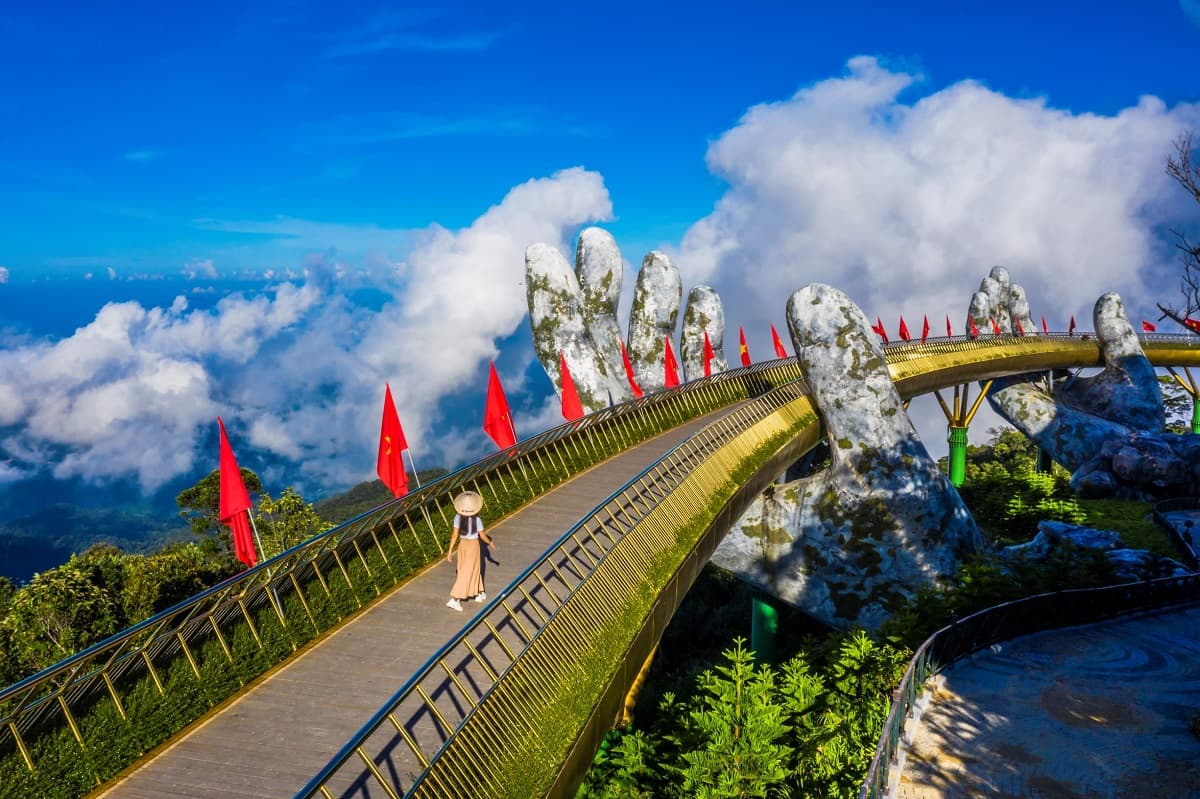
Learn Basic Vietnamese Phrases
Use Vietnamese Dong – Cash is King
While Vietnam is slowly adapting to digital payments, cash is still king. Most small vendors, street food stalls, and even local transportation providers accept only cash. Always carry Vietnamese Dong (VND) in small denominations, especially when traveling outside of big cities.
Tip: Use ATMs from reputable banks like Vietcombank or BIDV to withdraw cash. Avoid currency exchange services at airports due to unfavorable rates—use banks or official exchange counters in the city instead.
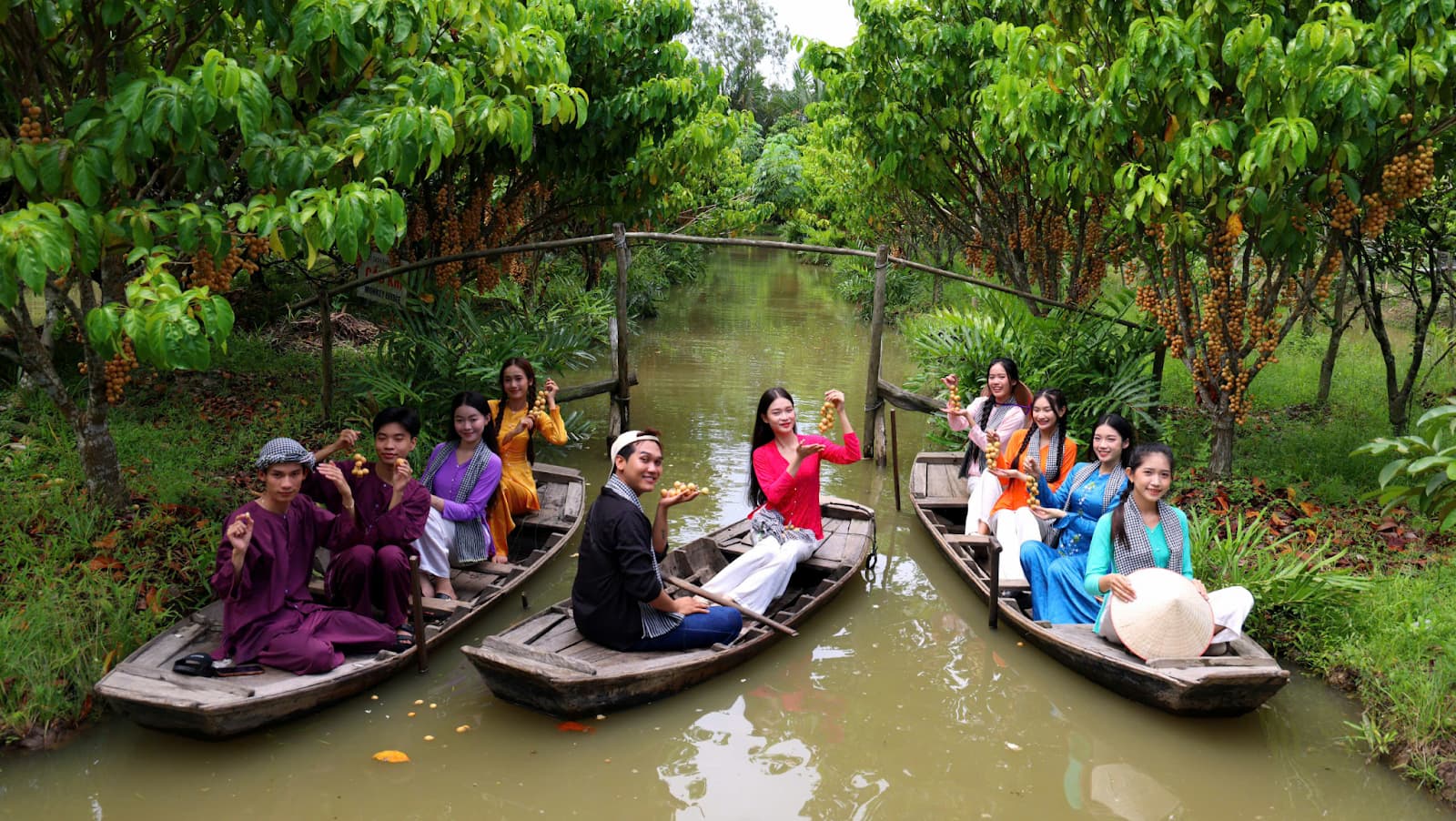
Use Vietnamese Dong – Cash is King
Be Smart with Street Food
Vietnamese cuisine is world-famous, and trying local street food is a must. Pho, Banh Mi, Bun Cha, and fresh spring rolls are both delicious and affordable. However, hygiene can vary between vendors.
Tip: Look for busy stalls with lots of locals—that’s often a sign of both good food and safe practices. Avoid raw vegetables if you have a sensitive stomach, and stick to bottled or boiled water.
Beware of Traffic and Crossing the Street
Traffic in Vietnamese cities can seem chaotic, especially in Hanoi or Ho Chi Minh City. Motorbikes dominate the streets, and crosswalks are often ignored. This can be overwhelming for first-time visitors.
Tip: When crossing the street, walk slowly and steadily, making eye contact with oncoming drivers. Don’t run or stop abruptly. Drivers will usually steer around you if you’re predictable. If you’re unsure, wait for a local and cross with them.
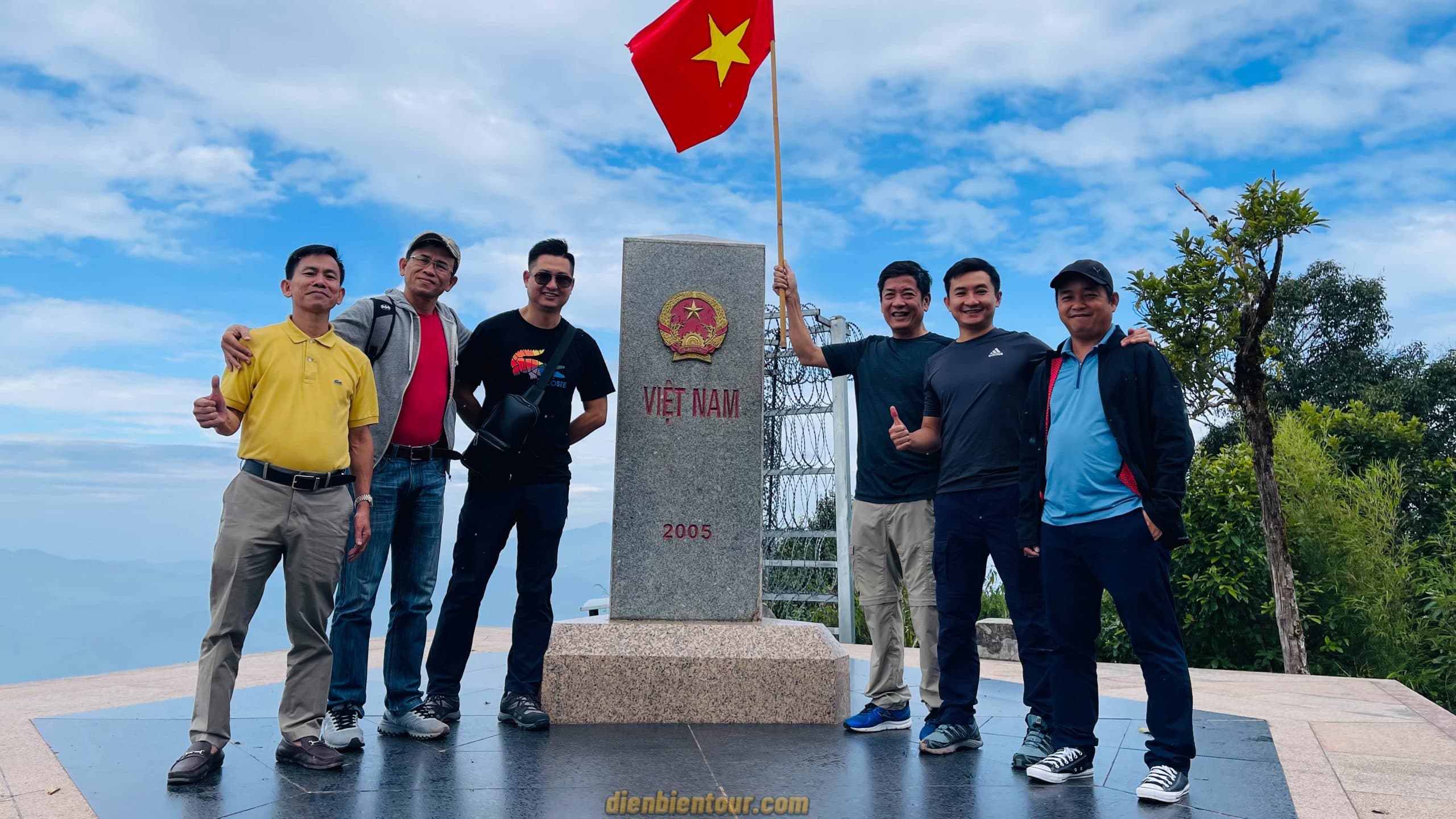
Beware of Traffic and Crossing the Street
Dress Modestly When Visiting Temples
Vietnam is relatively relaxed in terms of dress code, but religious sites require more modest attire. If you’re visiting pagodas or temples, make sure to cover your shoulders and knees.
Tip: Carry a lightweight scarf or shawl in your backpack for unexpected visits to spiritual places. Remove your shoes when entering someone’s home or sacred areas.
Respect Local Customs and Culture
Vietnamese people are proud of their traditions and culture. A polite attitude, a respectful tone, and open-mindedness will earn you genuine hospitality.
Useful cultural tips:
-
Avoid public displays of affection.
-
Do not point your feet at people or sacred objects.
-
Always ask before taking someone’s photo.
-
Don’t touch children’s heads—it’s considered disrespectful.
Understanding and respecting these small nuances can lead to more meaningful and memorable experiences.
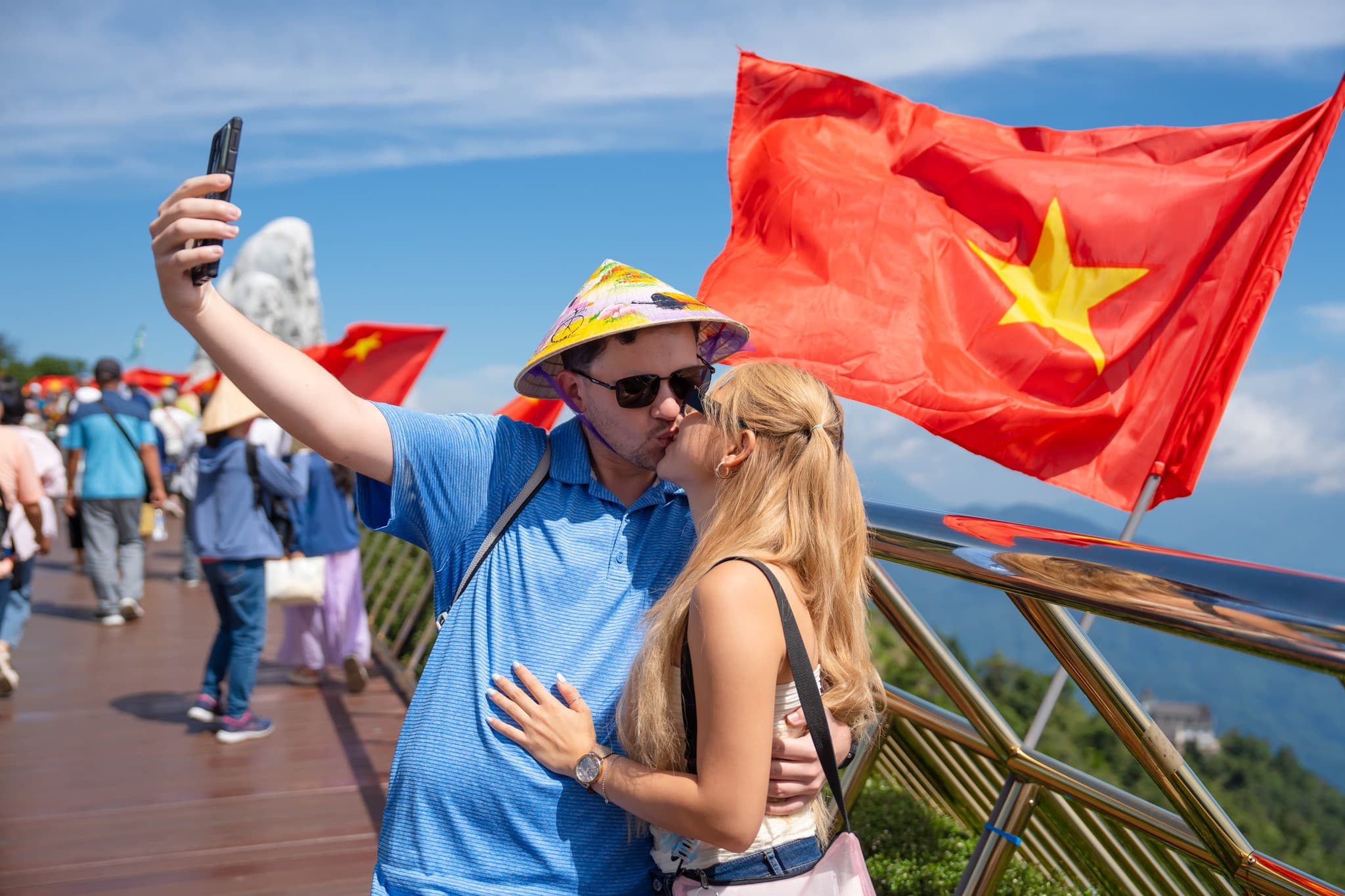
Respect Local Customs and Culture
Use Reputable Transportation Options
Getting around in Vietnam is quite easy and affordable, but you need to be selective. Taxis may overcharge tourists, and not all motorbike taxis are reliable.
Tip: Use trusted apps like Grab or Be to book car or motorbike rides at fair prices. If you’re traveling between cities, consider Sleeper buses, train services, or domestic flights with airlines like Vietnam Airlines or VietJet.
Stay Connected with a Local SIM Card
Access to the internet is essential for navigation, translation, and communication. Buying a local SIM card with data is cheap and widely available.
Tip: Upon arrival at the airport, head to an official mobile provider booth (such as Viettel, Mobifone, or Vinaphone). Plans are affordable and setup usually takes less than 5 minutes. If you’re staying longer than a week, unlimited data plans are highly recommended.
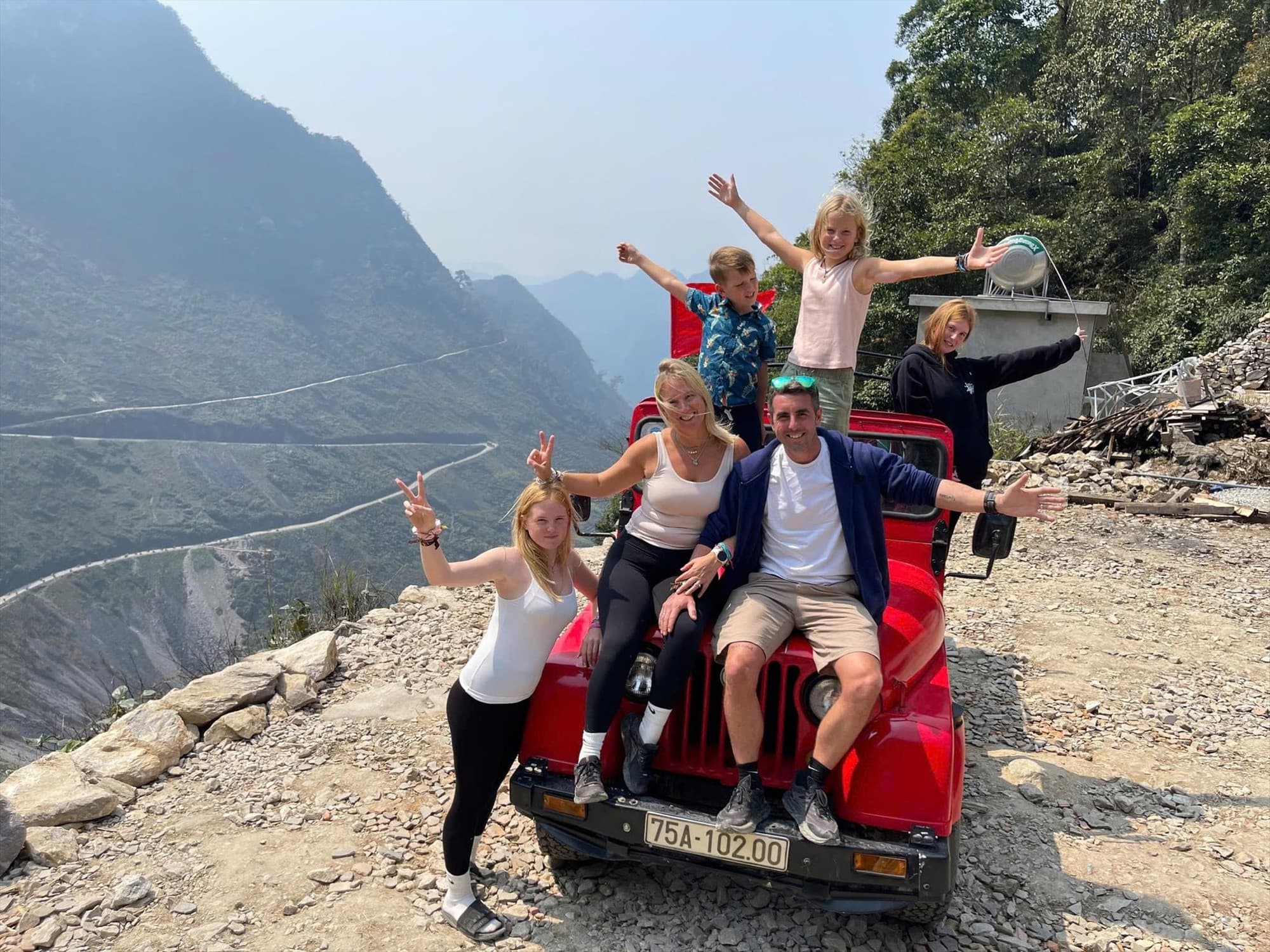
Stay Connected with a Local SIM Card
Bargain Politely
In markets and small shops, bargaining is expected. Prices are often inflated for tourists, so don’t hesitate to negotiate.
Tip: Always smile and be polite. Start by offering about 50–60% of the asking price and negotiate upwards. If you can’t agree, walk away—you might be offered a better deal as you leave.
Watch Out for Tourist Scams
Unfortunately, tourist scams exist in every popular travel destination, and Vietnam is no exception. Overpriced taxi fares, fake travel agencies, or misleading tour operators can ruin your trip.
Tip: Book tours through trusted websites or your hotel. Ask for prices in advance and confirm them in writing. Don’t hand over your passport to anyone except hotel reception staff or immigration officers.
Travel Insurance is a Must
Medical care in Vietnam is affordable, but for serious conditions, you may need to be treated in international hospitals or flown out. Travel insurance can save you from unexpected financial burdens.
Tip: Choose a travel insurance policy that covers medical emergencies, lost luggage, cancellations, and motorbike accidents—especially if you plan to rent a scooter.
Know When to Visit
Vietnam’s weather varies greatly from north to south. Timing your visit right can make a huge difference in your comfort and itinerary.
General weather tips:
-
North Vietnam (Hanoi, Sapa): Best from October to April.
-
Central Vietnam (Da Nang, Hue): Best from February to August.
-
South Vietnam (Ho Chi Minh City, Mekong Delta): Warm year-round, best from November to April.
Avoid the rainy season if you want to enjoy beaches or mountainous areas.
Stay Healthy While Traveling
Traveler’s diarrhea, sunburn, or insect bites can ruin your trip. Simple precautions can keep you healthy.
Tip:
-
Only drink bottled or boiled water.
-
Bring sunscreen and insect repellent.
-
Carry some basic medicine or a travel health kit.
-
Avoid ice in your drinks unless you’re in reputable restaurants.
If you fall ill, head to an international clinic or ask your hotel for help.
Be Environmentally Responsible
As tourism grows, so does its environmental impact. Help protect Vietnam’s natural beauty by traveling sustainably.
Tip:
-
Avoid single-use plastic.
-
Don’t litter.
-
Say no to tours that involve animal cruelty (e.g., elephant rides).
-
Support local artisans and eco-friendly businesses.
Embrace the Unexpected
Sometimes, your plans might change, or things don’t go as expected. Vietnam’s charm often lies in the surprises along the way—from a stranger’s generosity to a hidden café or a scenic detour.
Tip: Keep an open mind, be flexible, and enjoy every moment—even the imperfect ones. Vietnam has a way of winning hearts through its warmth, spontaneity, and soul.
Traveling to Vietnam can be one of the most enriching experiences of your life. By following these useful tips for foreign tourists traveling to Vietnam, you’ll not only avoid common mistakes but also open the door to more authentic and enjoyable moments. From navigating bustling cities to savoring street food and connecting with locals, Vietnam welcomes travelers with open arms and a thousand stories.
